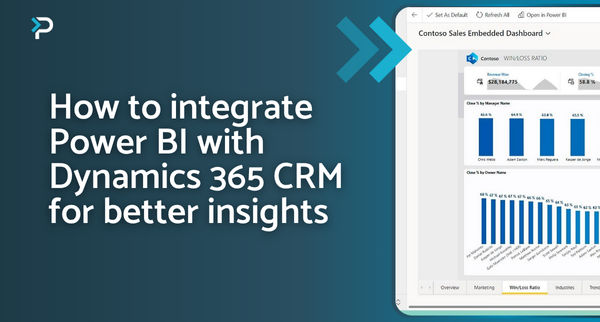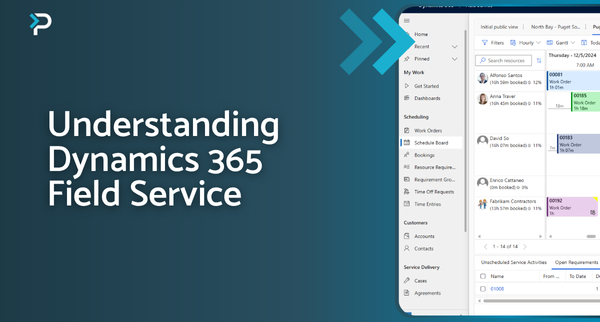Can Dynamics 365 Integrate with our Existing Business Systems?
Can Dynamics 365 Integrate with our Existing Business Systems?
October 12th, 2023
3 min read
When embarking on a CRM project, you want to ensure that your chosen software can integrate with any existing business systems you currently use, such as an ERP System or financial software (such as Xero or Sage). As we mention in this article, as Dynamics 365 is part of the Microsoft eco-system, it integrates seamlessly with the Microsoft 365 stack (Word, OneNote, SharePoint, Excel, etc), to learn more about these integrations check out our blog ‘Microsoft 365 + Dynamics 365: The Perfect Pairing‘ the Power Platform (Power BI, Power Automate and Power Apps) and other Dynamics 365 applications (Business Central, Finance and Operations, Retail, etc).
For most other business software outside of the Microsoft eco-system, Dynamics 365 can be integrated thanks to its open API; Software can then use this to interchange information with the database. You could also have Dynamics 365 drives the integration by building custom workflows and plugins on the platform, which are capable of connecting with other software platforms’ open APIs.
By integrating your CRM and third-party systems, which eliminates the need for switching tools, users can gain an all-round customer view from one system. Additionally, the integration of Dynamics 365 with external systems supports internal collaboration, as this brings improved alignment between different departments.
Below, we have listed three of the most common CRM integrations:
Dynamics 365 Integrations
1. Dynamics 365 + ERP System
By connecting D365 with your existing ERP system (such as Dynamics 365 Finance and Operations, SAP ERP, Oracle ERP), users can gain instant access to data such as Products, Orders, Inventory Information, Invoices and Payments, without having to leave the CRM system. As a result of this integration, employees can communicate accurate prices to customers quickly and easily, visibility for the sales & finance departments is enhanced, proposals (in the CRM system) can be turned into orders (in the ERP system) in just a few clicks, to name but a few.
2. Dynamics 365 + an Analytics Tool
It is common for businesses to integrate their CRM system with an analytics tool, to extend and enhance the built-in reporting capabilities of Dynamics 365. Microsoft Power BI is an excellent choice for D365 users, with a seamless integration that will provide clear and comprehensive reports and dashboards. Read more about in our blog ‘Does Dynamics 365 integrate with Microsoft Power BI?‘.
3. Dynamics 365 + Email
Many employees spent a large majority of their working time in their email inbox, communicating with prospects, clients, suppliers, colleagues, etc. Therefore, integrating Dynamics 365 with email software (such as Outlook), enables the quick creation of CRM records directly from your inbox, tracking and managing any correspondence, syncing upcoming meetings, and more. Learn more about it in our blog on Microsoft Dynamics 365 integration with Outlook.
When considering a new CRM system and the integrations you require, it is important to recognise if any legacy systems are essential to still use, or whether these could be replaced with better functionality within Dynamics 365. Take this opportunity to review your business’s technology infrastructure and where processes could be improved, you might be able to reduce the number of applications in your technology landscape more than you initially think.
Get in Touch
If you would like more information about integrating Dynamics 365 with other business systems, please get in touch by emailing us at info@pragmatiq.co.uk or calling us on 01908 038110. Alternatively, fill out the form and a member of our team will be in touch shortly.
Want to keep in touch?
Sign up to our newsletter for regular updates.
"*" indicates required fields


